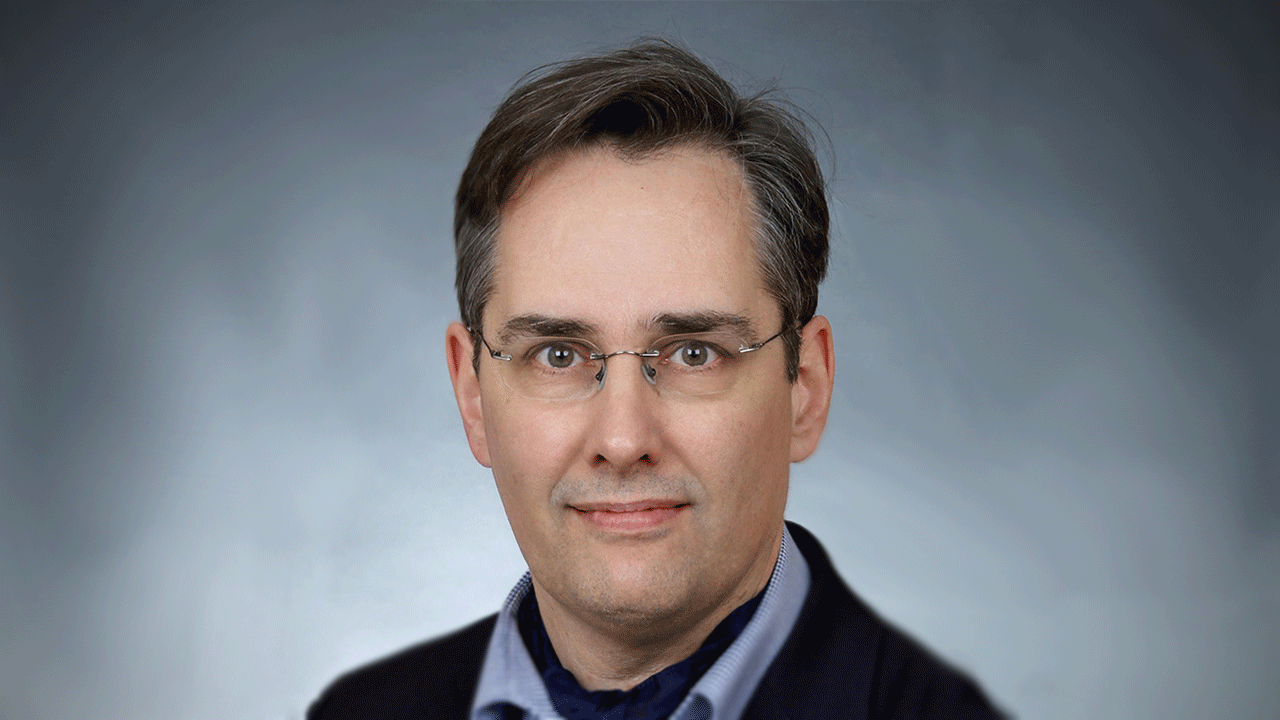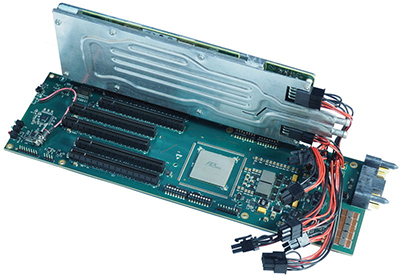Welcome to KTH, Dirk Pleiter
– new Director at PDC

The PDC Center for High Performance Computing has a new Director, we welcome Professor Dirk Pleiter to KTH and to the School of Electrical Engineering and Computer Science.
Professor Dirk Pleiter, welcome to KTH and the PDC Center for High Performance Computing!
"Many thanks. I have appreciated very much the culture of welcoming and openness at KTH since my arrival here."
Why did you choose Sweden and PDC ?
"KTH is unique as it hosts a supercomputing centre embedded in an ecosystem of research teams that need fast computers for their research. Modern supercomputing strongly relies on this interplay of different disciplines."
What is your area of research, and briefly, what is your research about?
"I started from simulating the theory for one of the fundamental forces known in nature. Researchers like me used to build their own computers in order to keep up with our needs. That made me moving into research on computer architectures, where I focused on co-design of supercomputers as well as IT infrastructures. Co-design is on the one hand about trying to understand how we can design computers such that they are optimised for the applications, for which we use them. On the other hand it is about research on how such applications need to change for being able to exploit upcoming new technologies."
What do you think is the most exciting

research going on right now within your field?
"The landscape of computing is changing in many respects. For instance, the need for becoming much more power efficient requires us to think about new computer architectures that are significantly different from what we are used to today."
What problems do you hope to solve with your research, in let’s say 5 or 10 years?
"High performance computing is an area that evolves very quickly. With my research I hope to contribute to enabling the use of even faster supercomputers being usable for tackling grand challenges that can be addressed using numerical methods. These include climate change, transition to a carbon-free economy,
health and many open questions in fundamental sciences like particle physics or cosmology."
In what way do you want to develop PDC, and what does your future vision look like for PDC?
"High performance computing is in some sense challenged by cloud computing. While the former provides extreme levels of performance, supercomputers run in a secured environment and are often not easy to use. Cloud computing services are often much easier to use, available on demand and openly accessible. Scientists more often needs both. PDC will continue to grow in its computing capability, but will also become more versatile to serve the needs of high-end simulations sciences as well as emerging data sciences."
Contact:
